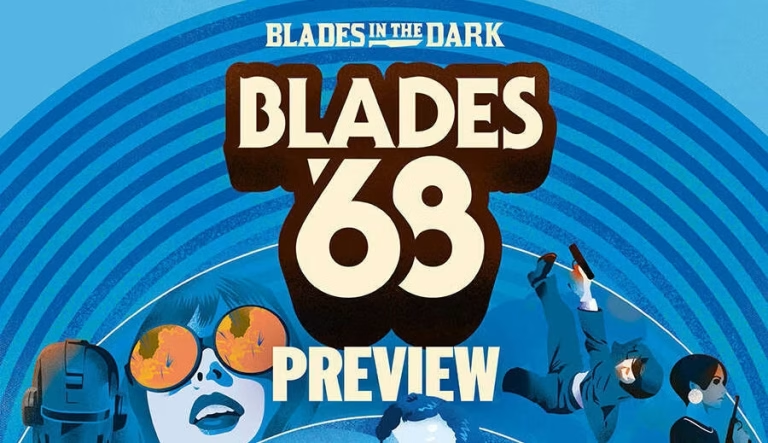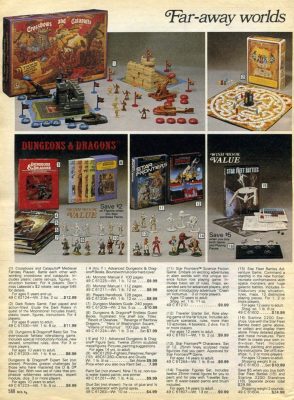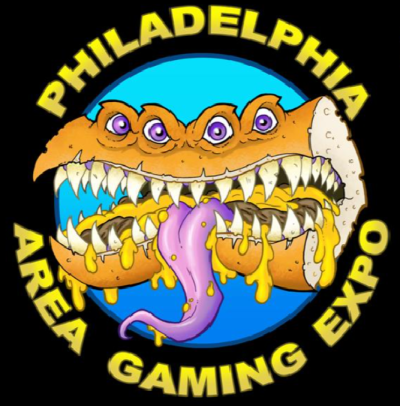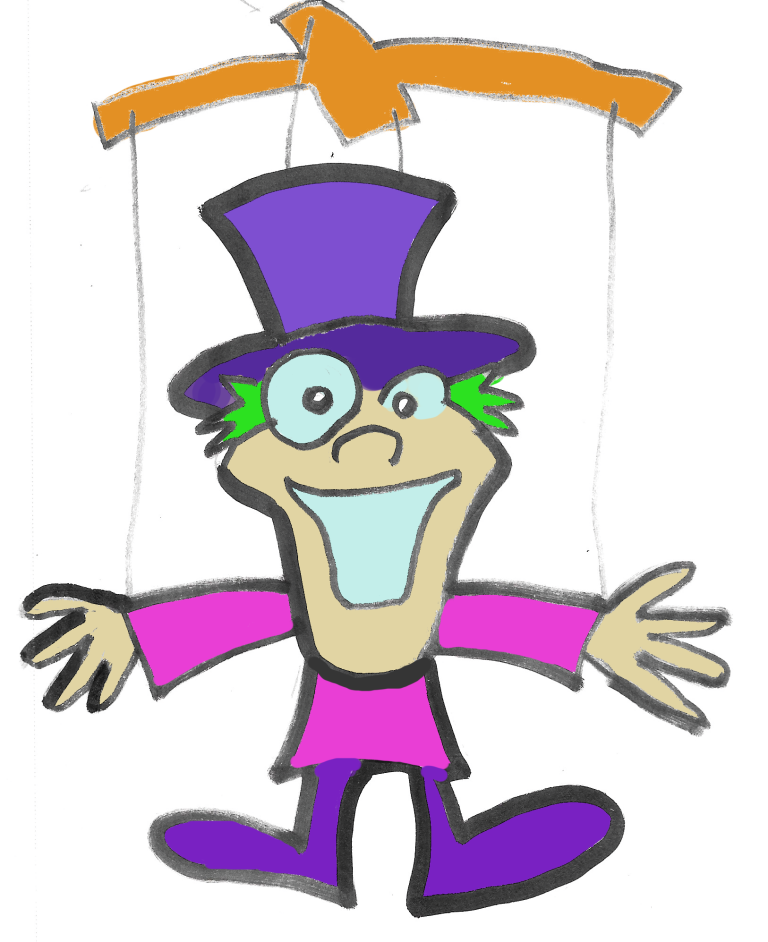The Abbreviations
TTRPG = Table Top Role-Playing Game (as opposed to video games or board games)
RPG = Role-Playing Game (usually the same as TTRPG)
D&D = Dungeons & Dragons, the most popular Role-Playing Game.
What is a Role-Playing Game?
A Role-Playing Game different from board games in a few ways. The most important way is that you are pretending to be a character, not playing as yourself. For example, Mary is pretending to be Merlin the Wizard for this game, so when she makes a decision about what to do in the game, she has to decide what Merlin would do in this situation, not what Mary would do.
There is no winning or losing in RPGs. The players are working together to create a cooperative story. Most often the game is ongoing, so you might play for a few hours one week, and the next week you continue the story and game from where you left off the previous week. One player is knows as the GM or DM (Game Master or Dungeon Master) and that player is the referee, setting the stage for the game and playing the part of many characters in the game. Each other player takes the part of a character they created and decides what that character does based on the situation described by the GM. In this way the game is similar to writing a play where each player writes only the part of their character in the play, and the GM writes the rest of the play.
Where Can I Start Playing RPGs?
The first place to start is your local game shop. Many shops host RPG games in their stores, and if not, they can usually give advice on where local players find games. It’s also a great resource for beginning questions. Other places to find games are libraries and school bulletin boards.
Many players now play games online where you use voice or video chat to play with players who may be far away. Besides chat programs a game might use web sites that support online RPGs with character sheet management and display of dynamic maps. These online games can be found through hobby shop Facebook pages and groups on Discord servers.





